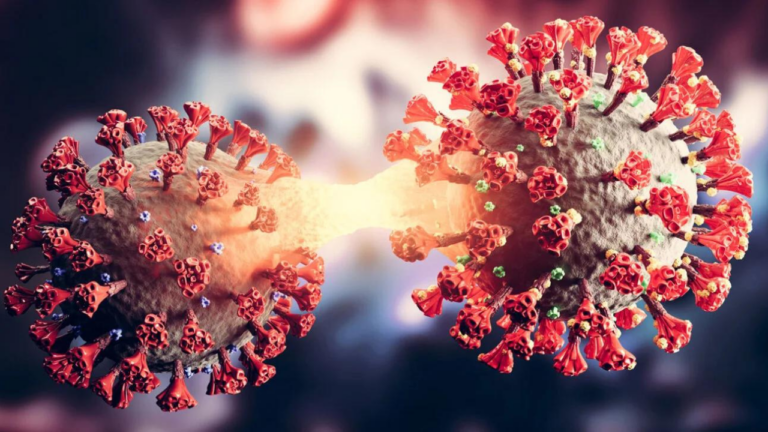A recent study shows a potential link between higher consumption of ultra-processed foods and an increased risk of depression. That research also says the risk increases, mainly when these items contain artificial sweeteners.
The study, conducted exclusively with female participants, focused on the connection between diet and the risk of developing new episodes of depression. Dr. Andrew T Chan, a professor at Harvard Medical School, explained that there is a possibility that ultraprocessed foods could exacerbate depression in individuals already dealing with chronic depression.
Ultra processed foods cause depression.
— Alan Roberts (@TheMFingCOO) September 21, 2023
How many doctors suggest eating not eating ultra processed foods and getting exercise before they prescribe SSRIs? How many just prescribe them without even asking about the patients nutrition? pic.twitter.com/z5KXwHW53y
What Are Ultra-processed Foods?
Ultra-processed foods encompass a wide range of items. It includes prepackaged soups, sauces, frozen pizza, and ready-to-eat meals. And indulgent treats like hot dogs, sausages, French fries, sodas, store-bought cookies, cakes, candies, doughnuts, ice cream, and more.
The Role of Artificial Sweeteners
The study found that the main contributor to the link between ultra-processed foods and depression is artificial sweeteners.
The link between ultra-processed foods and depression could be attributed to chronic inflammation. Other studies have associated ultra-processed foods with conditions like colorectal cancer in men and heart disease.
Previous studies have also pointed to a connection between artificial sweeteners and depression. Diet sodas, diet fruit drinks, and artificial sweeteners in coffee and tea have linked to an increased risk of depression in some research.
Another important aspect to consider is the potential impact of ultra-processed foods on the gut microbiome. Emerging evidence suggests that the gut microbiome may affect mood regulation.
Not Cause and Effect
It’s important to note that this study establishes an association between ultra-processed food consumption and depression. But does not prove causation. Researchers cannot rule out the possibility of reverse causality, where depression leads to increased consumption of ultra-processed foods.
Also read:







